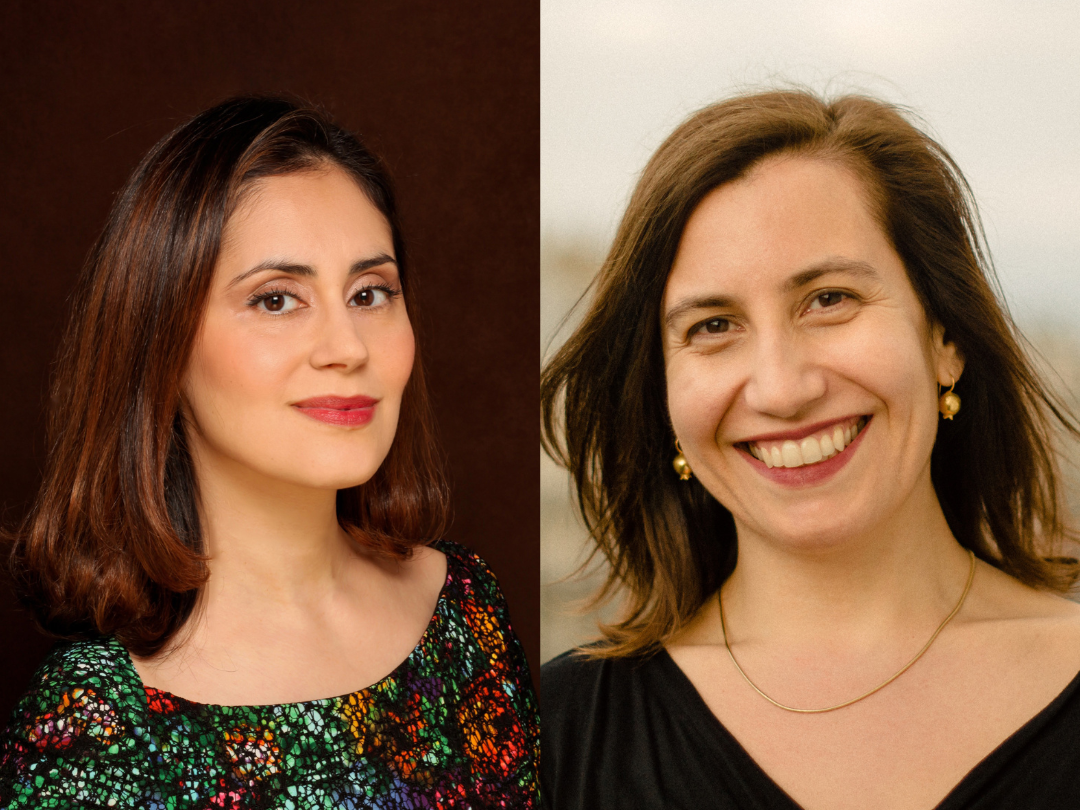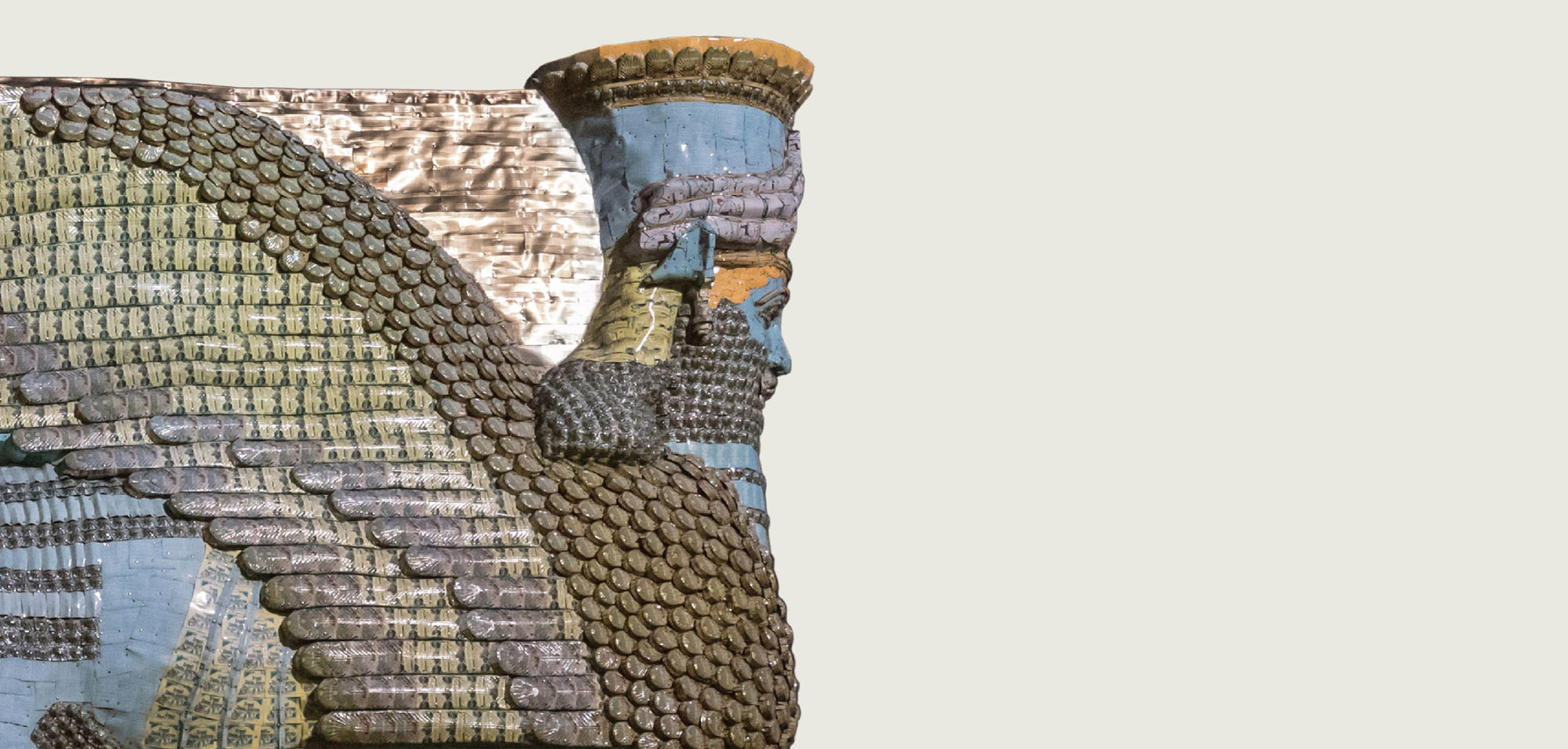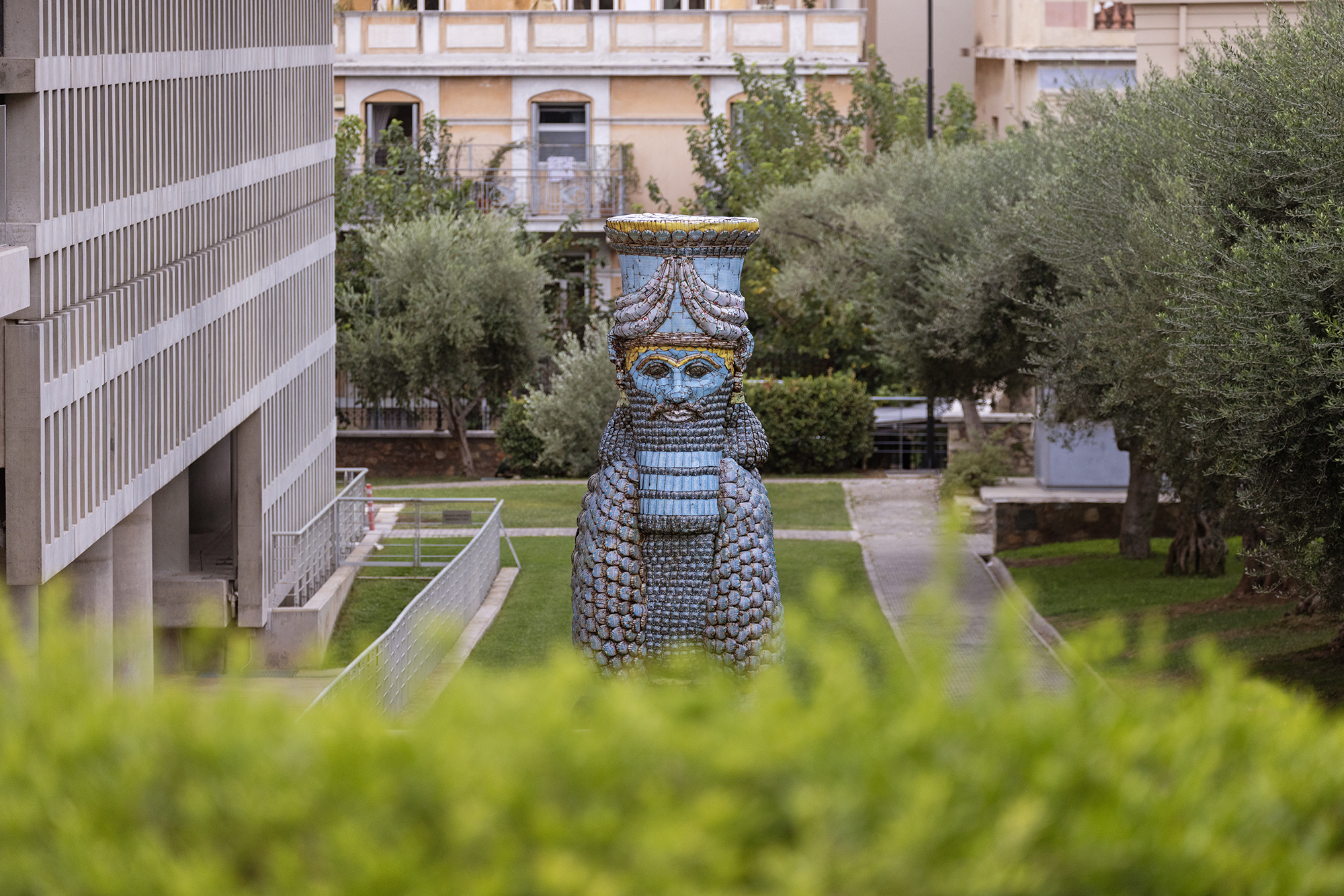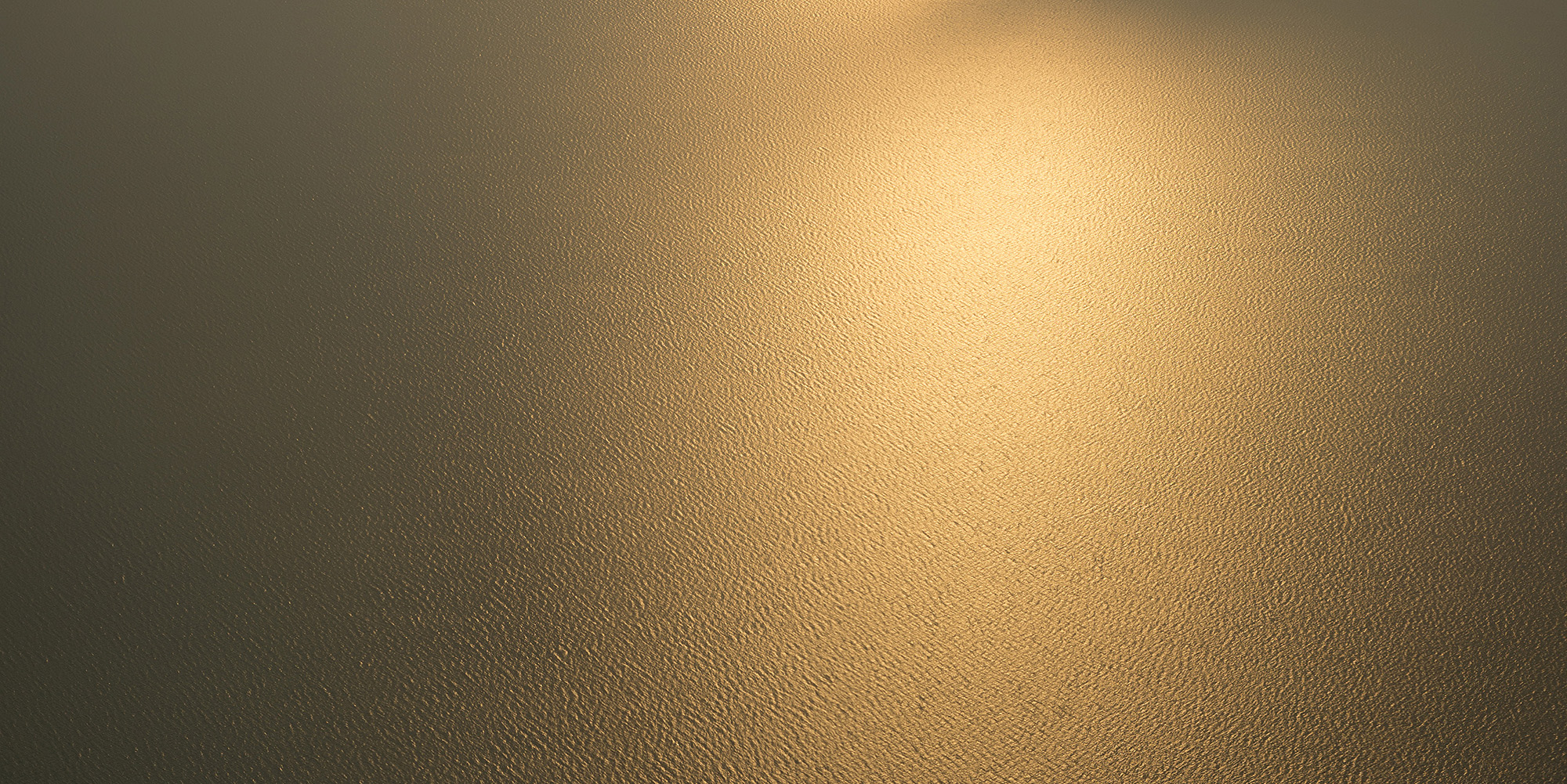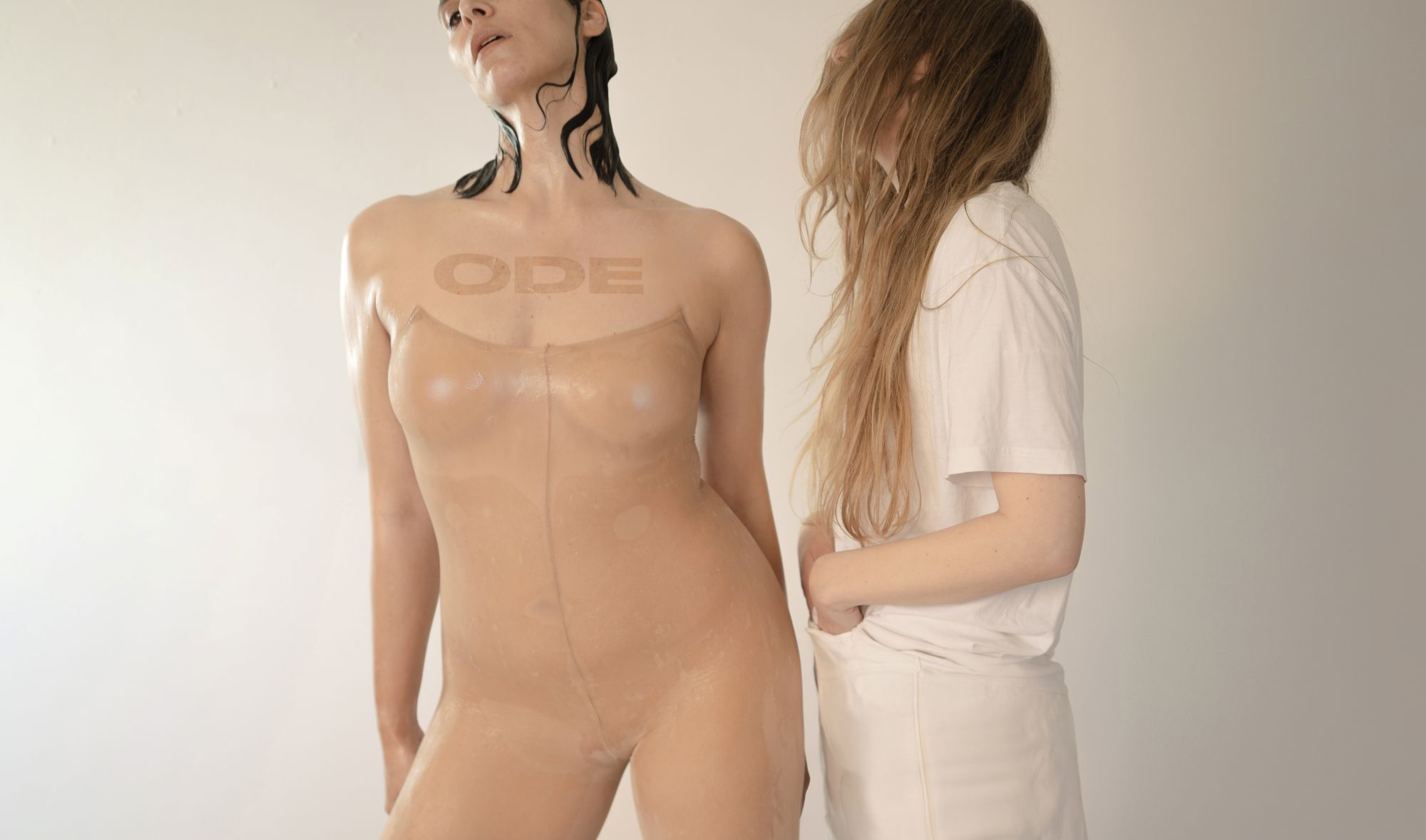
- WHAT’S ON
- EXHIBITIONS
- NEON brings exciting contemporary art to a wider audience by putting together free exhibitions in public and private places in Athens and Greece that offer new and powerful experiences to the public and their interaction with urban life. NEON does not restrict itself to just one space, it energizes public spaces in Athens and the periphery.
- HERITAGE
- EVENTS
- GRANTS
- NEON supports artists working today through a program of scholarships and grants, providing them with access to education, research and production resources.
- LIVE
- LEARNING
- Using art as an educational leverage, NEON cultivates the relationship between young people and awareness of contemporary art.
- PARTNERS
- NEON partners with cultural institutions to implement common-ground activities with the aim of making contemporary art accessible to the public.
- NEWSROOM
- PRESS
- ABOUT
- NEON, founded in 2013 by collector and entrepreneur Dimitris Daskalopoulos, works to bring contemporary culture closer to everyone, in the firm belief in the ability of contemporary artistic creativity to rouse, emotionally move and motivate. It also aims to contribute to the wider efforts being made to revitalise the city and inspire the daily lives of its citizens. NEON does not restrict itself to just one space. It activates public spaces in Athens and the periphery. NEON advocates all institutions which are established in the field of learning, new productions and the dialogue with the city.
CHANGE LANGUAGE

